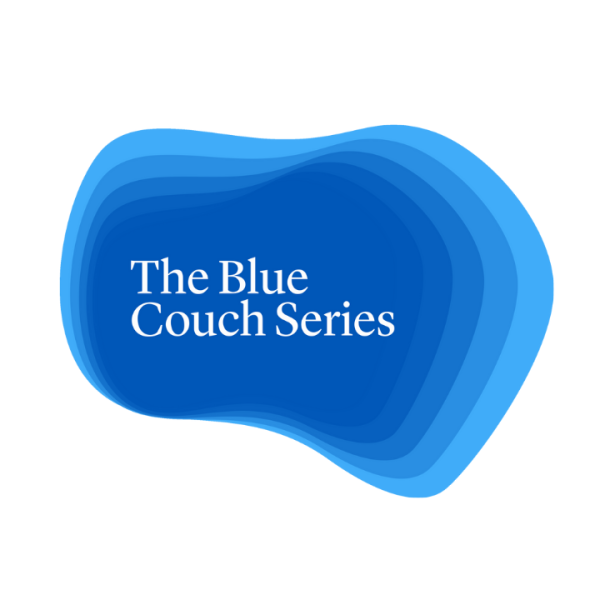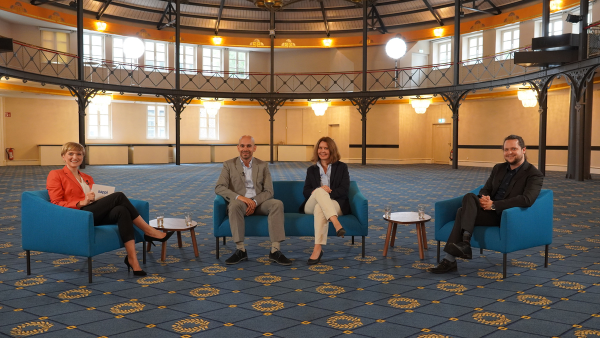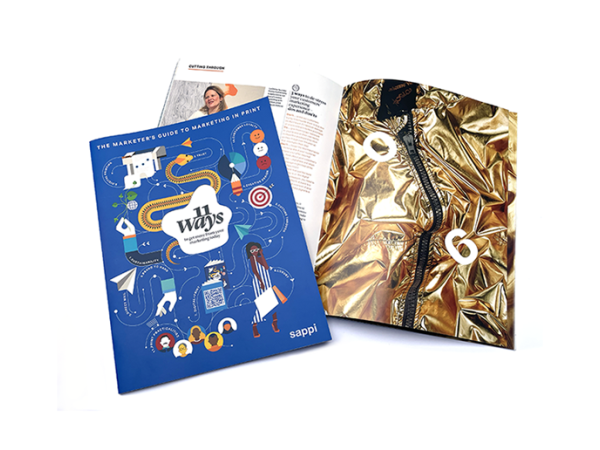How should brand owners respond to growing consumer demand for sustainable packaging?

The demand for environmentally friendly packaging continues to grow in Europe and across the globe, as brands follow consumers in demanding a greater accent on sustainability, and customers and companies set their sights beyond mere recycling and towards the creation of a genuinely circular economy.
Plastic bag bans in towns, cities and countries go hand-in-hand with the likes of Extended Producer Responsibilities (EPRs) being adopted in countries including France, Germany and the UK. Meanwhile, the decline of the pandemic has added further impetus to consumer-led demands for more responsible packaging options.
All this adds up to an already buoyant sustainable packaging market that is expected by analysts to achieve annual growth rates of between 5% and 7.5% throughout the next five years. And that adds up to a big opportunity for forward-thinking brands.
To unwrap the benefits and practicalities surrounding making the switch to sustainable packaging, the latest in the Sappi Blue Couch series of talks brings together three people with good ideas of how the future can unfold:
• Julian Thielen, head of the Made for Recycling service at Interseroh, Germany’s pioneering integrated environmental services company
• Kerstin Dietze, Sappi’s key account manager for Paper and Packaging Solutions
• Gustavo Duarte, manager of Competence Center Packaging Solutions at Sappi

Together, the panel address the key questions that need answering: What needs to be taken into account when a brand owner is weighing up the pros and cons of making a switch to sustainable packaging? What are issues and obstacles when it comes to defining recyclability and testing sustainable packaging? How do brands avoid accusations of greenwashing and make a genuine step forward with their products and packaging?
And there’s nothing simple about sustainable packaging.
“For the end consumer, it may be impossible to see whether the packaging they have in their hands is a multi-layer material, what material is used, and if it is recyclable material.”
Simple, no. Important, yes. And a subject that is only going to become more and more important over the coming months and years.
As for making the most of the opportunities provided by switching to sustainable packaging, all three panellists agree that there’s only one route to take – detailed collaboration between brand owners, packaging manufacturers and independent assessors. And it’s a route that demands to be taken today, not tomorrow.
As Gustavo Duarte puts it: “The train has left the station, and there’s no stopping it.”


